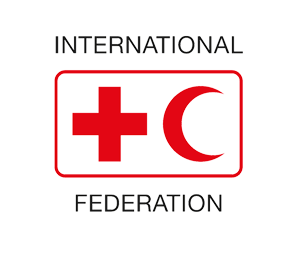
Friday: Closed
After a heart attack, patients typically are treated in a hospital's cardiac care unit, or CCU, which offers highly specialized care until their condition stabilizes.
The equivalent of an intensive care unit, or ICU, which is for critically ill patients with other types of conditions, a CCU contains extensive heart monitoring and testing equipment as well as a staff trained and certified in heart conditions and procedures and their aftermath.
The highly skilled medical staff ensures that patients have the advantages of the most sophisticated technologies and treatment options available.
Striving to gain the patients potential for improvement and to ensure a minute-by-minute intensive care and assistance, the experienced team of CCU skilled nursing staff monitors these acute care beds around the clock.
Services:
Designed especially for patients recovering from:
- Acute myocardial infarction
- Acute heart attack
- Hypertensive crisis
- Acute heart failure
- Cardiac arrhythmias
What Happens in the CCU?
Like normal ICUs, CCUs are designed to limit stress to patients during the initial, critical phase of their treatment. Often, patients are hooked up to wired and tubes during their CCU stays, which can prove disconcerting to family members, but is necessary for close monitoring. All patients are connected to heart monitors. Additionally, a variety of tests are often done during a stay in the CCU, such as blood tests or electrocardiograms, which measures the electrical activity of the heart.
Many different cardiac medications may be given, including those to treat heart failure or ischemia or to reduce the workload of the heart.

